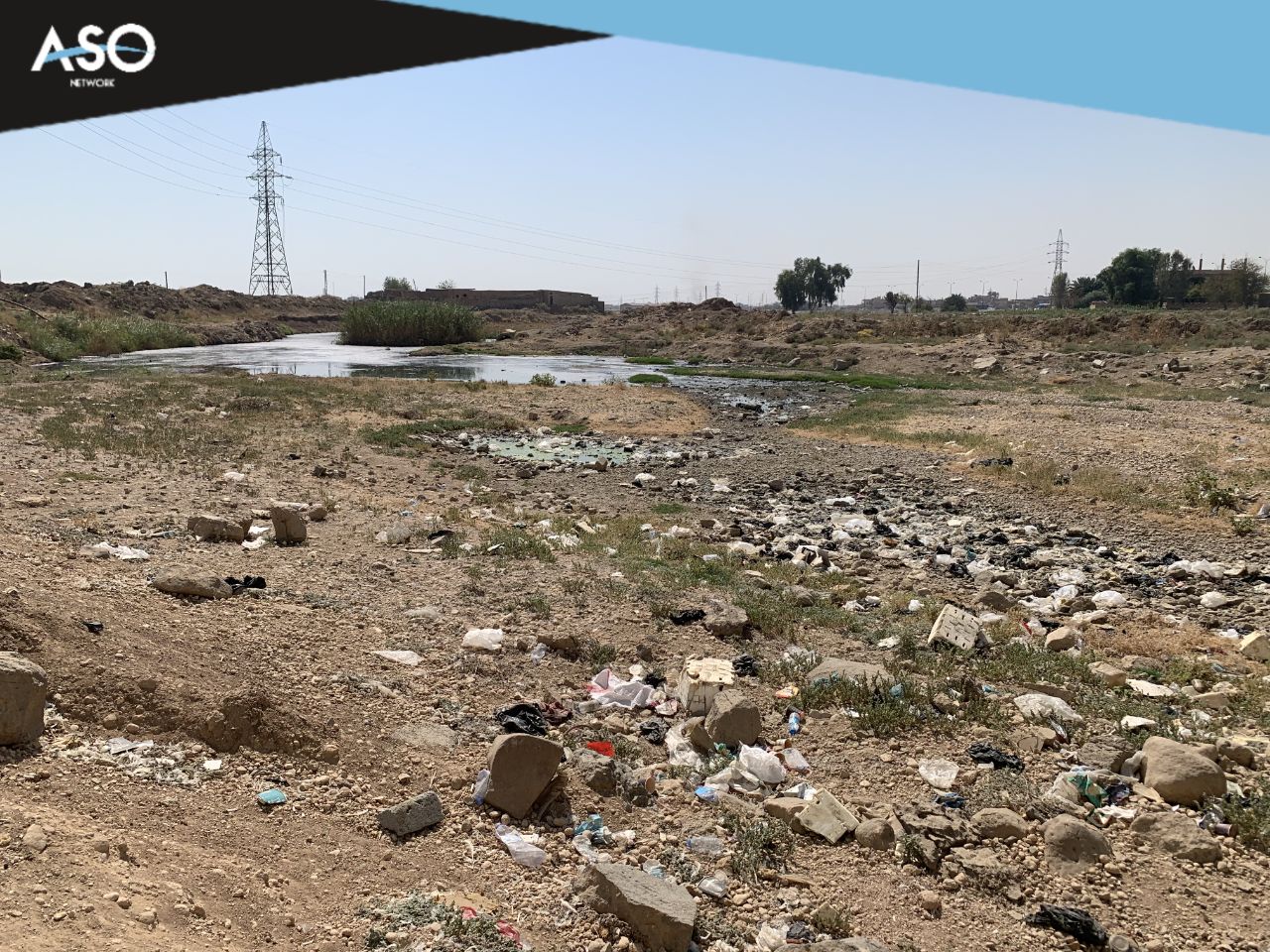News
Pollution and formation of swamps in al-Khabur River in Al-Hasakah warn of the spread of diseases and epidemics

A doctor in Al-Hasakah warned of the spread of diseases and epidemics as a result of the formation of polluted swamps in Al-Khabur River, which is witnessing an almost complete drought.
Since the beginning of this summer, swamps have formed that are filled with dirt and mud, due to the complete cut off of water from the river, in addition to the result of Turkey intermittently withholding water from Syria.
Pollution and swamp formation in Al-Khabur River in Al-Hasakah
The formation of polluted swamps leads to the spread of insects, flies, mosquitoes and stray dogs on the banks of the river.
Rustam Youssef, a doctor specializing in internal diseases in Al-Hasakah, warned of the continued interruption of the river’s water, which, according to him, increases the spread of epidemics in the region.
He added that the appearance of swamps activates the movement of “sand flies,” which cause diseases such as leishmaniasis, known as “Aleppo beetle,” in addition to the spread of harmful insects that may cause serious diseases such as cholera.
On November 7, 2022, Human Rights Watch said that the Turkish authorities are exacerbating the severe water crisis that is believed to have led to the spread of the deadly cholera epidemic throughout Syria and its transmission to neighboring countries.
For several years, the Turkish authorities have been reducing Syria’s share of the water of the Euphrates River, which more than five million people in northern Syria depend on as a main source of drinking water, according to United Nations estimates.
The decrease in water flow from Turkey led to the drying up of Al-Khabur River
Since 2019, the lowest levels of water flow, which reached 200 cubic meters per second, have been recorded many times and at different periods.
While the agreement to regulate the flow of the Euphrates River between Turkey and Syria stipulates a flow of 500 cubic meters per second, which has caused harm to the aquatic ecosystem and biodiversity in North-East Syria.
Meanwhile, the co-chair of the Water Department in Al-Hasakah, Fatima Al-Dhamen, told ASO News Network that the interruption of water from Al-Khabur River also negatively affects farmers along the river from Tal Tamir to Al-Hasakah.
More than 40 villages spread along its banks depend on this river, and more than 15 thousand dunums of agricultural land are irrigated by its water.
